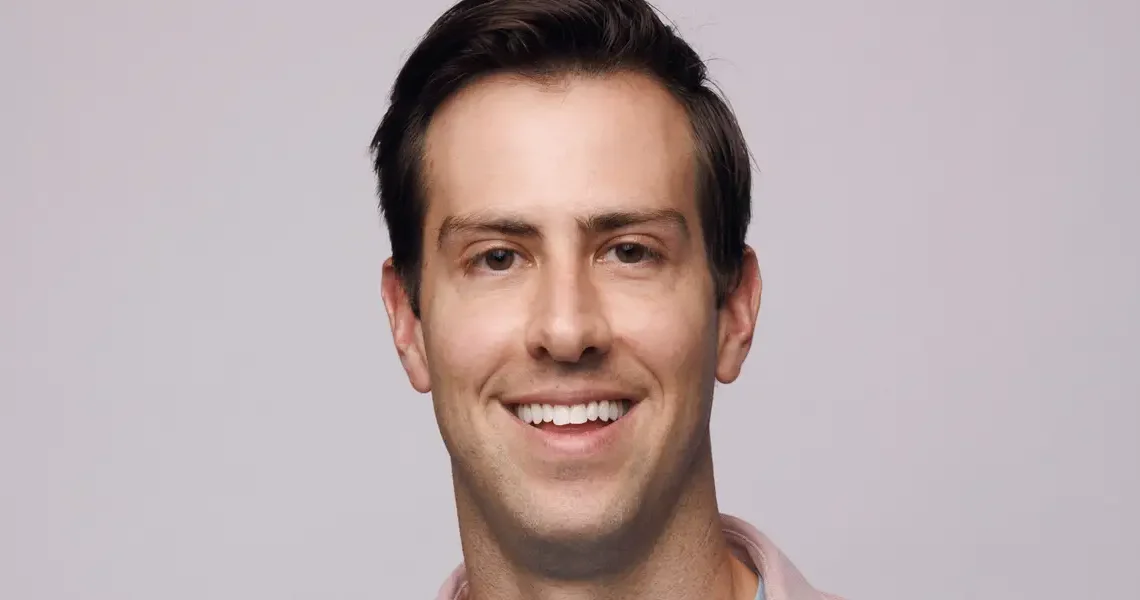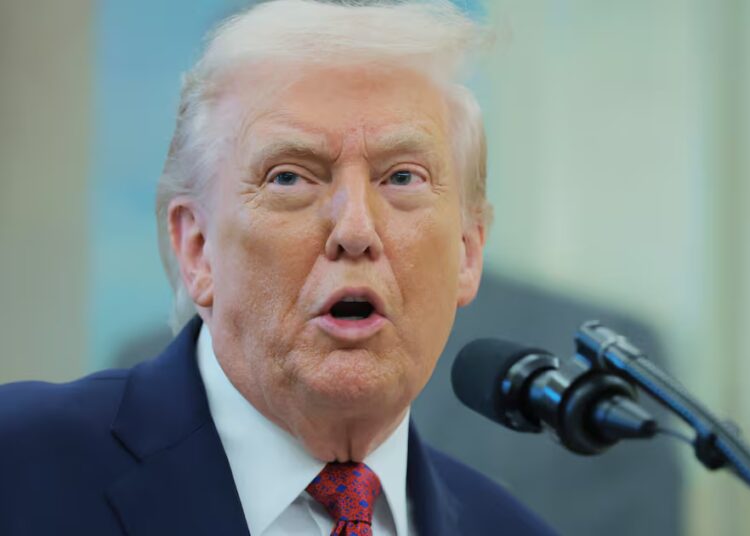This is an as-told-to essay based on a conversation with Jake Bullock, the cofounder and CEO of Cann, a THC-infused beverage company.
As part of the funding bill to reopen the government, Congress passed restrictions on hemp, set to take effect in November 2026, that would effectively ban many hemp-derived THC products, like Cann. It bans products that contain more than 0.4 milligrams of THC per container. This story has been edited for length and clarity.
I don’t view this as a ban. It’s a one-year shot clock for us to go get the rules that we’ve always wanted.
Lawmakers were trying to address highly potent synthetic products, like gummy candies, marketed toward kids.
The effort, led by Sen. Mitch McConnell, was to get rid of those products. No one’s talking about our THC drinks, which are far less potent in comparison.
For that reason, I think a lot of people didn’t even realize this could happen. Definitely not our consumers who love these products and not even our alcohol partners, retailers, and distributors, many of whom have reached out in support this week.
It took a must-pass bill to reopen the government after the longest shutdown in history to put this language in. It would not have happened on a standalone basis. It was a maneuver to sneak this through and force lawmakers’ hands.
What this bill is ultimately proposing, if nothing gets done in a year, is to treat any hemp product over 0.4 milligrams of THC like a Schedule I drug. That would be a disaster for the industry.
What we need now is a smart beverage bill that would allow products like Cann to be sold and regulated like alcohol. We’re very optimistic that it can happen.
Consumers, especially Gen Z, are drinking less alcohol and love THC drinks
THC drinks are a new form of adult beverage, so let’s treat them like adult beverages.
There are certain places they’re allowed to be sold; the more potent they are, the more controlled that environment is. There are concepts for serving size and standard drinks. Alcohol is taxed at the federal level through the Tax and Trade Bureau. Consumers already expect THC drinks to be sold alongside alcohol.
Gen Z is not drinking alcohol like generations before. Many choose products like ours because they don’t like the way alcohol makes them feel.
The love that consumers have for these products drives my optimism. A couple weeks ago, we launched a campaign to engage consumers called “Don’t Ban Cann.” In 24 hours, we got over 1,600 responses with people telling us why they love these products, saying things like, “Cann makes me a better parent” or “Cann saved my marriage.”
All these consumers are waking up today, realizing that these products may go away, and I think activating them is going to be a key part of our success.
No more status quo
These hemp restrictions were well-intentioned about solving a very specific problem — highly potent synthetic candies. We’re supportive of solving that problem as well. But don’t throw the baby out with the bathwater.
We need protections and rules for these drinks, which are safe and very low in strength, and those rules probably should be similar to alcohol rules because they look and feel a lot like alcohol.
Some in the industry made the mistake of not wanting any legislation with restrictive language around hemp. Over the past couple years, a lot of messaging from the hemp industry had been “preserve the status quo.” That needs to end. Everyone should be waking up this week and saying, “No more status quo.”
What we need to do instead is recognize that there are certain products that got us into this mess that should not be allowed.
Sen. Mitch McConnell’s office did not immediately respond to a request for comment.
Read the original article on Business Insider
The post I’m the cofounder and CEO of a THC drink company. Congress’s hemp crackdown should be a wake-up call for the industry. appeared first on Business Insider.




